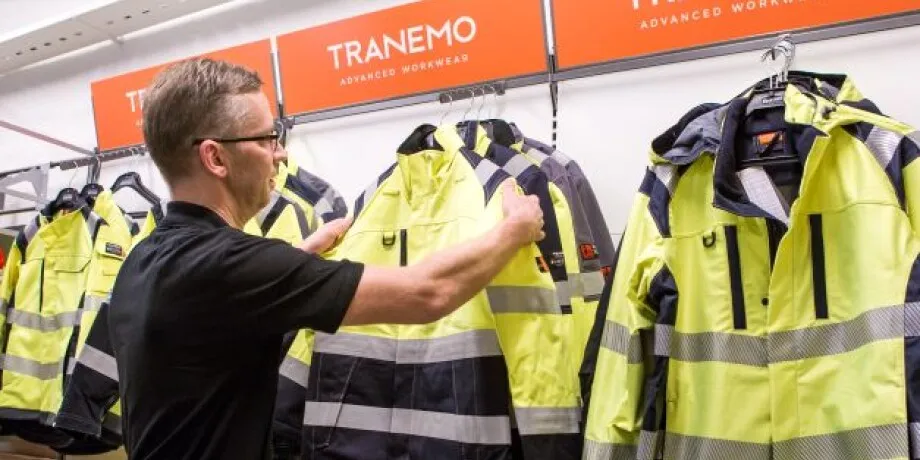How to Dress for Cold Weather
News

Dress according to the layer-on-layer principle with our protection system - Tranemo Skinsafe™ to be able to work more efficiently and for longer time intervals.
FROM THE INSIDE AND OUT
We recommend that you only wear Inherent Flame Retardant protective clothing on your body, from the inside and out. This is to avoid the risk of burning cotton, melting polyester or metal transmitting electricity and heat to the skin. Also, do not forget to protect the whole body, from head to toe.
LAYER 1 - INNER LAYER
The innermost layer ensures that you stay dry and warm from the inside. The inner layer is the garments you wear closest to the body, garments such as base layer, underwear or socks. If the clothes do not remove moisture from the skin, the body will cool down. In the event of an accident, incorrect choice of underwear can lead to the fabric catching fire and melting into the skin. It is therefore important to prioritise the innermost protection. We recommend choosing Inherent Flame Retardant underwear in merino wool. Wool underwear are soft and comfortable, have a good insulation and moisture-transporting ability. They are also antistatic and do not attract bad odours.
LAYER 2 - INSULATING MID-LAYER
An insulating mid-layer should be used to increase comfort during the colder months of the year. The layer forms a distance between layers 1 and 3 and insulates against both heat and low temperatures. The optimal mid-layer transports the moisture away from the first layer and ensures that the heat does not leave your body. A wool based underwear is perfect to use as midlayer.
LAYER 3 - PROTECTIVE OUTER LAYER
The primary function of any outer layer is to provide protection - however, to be worn every day, these garments should also fit the body snugly and offer comfort, freedom of movement and meet practical needs such as storage. We recommend inherent Flame Retardant shell garments. The shell garments have taped seams and are wind and waterproof according to EN 343. Thanks to a very good breathability, the garments are very user-friendly and comfortable.
AIR GAP
The air gaps that form between the different layers have a low conductivity which increases the ability to block heat, insulate against cold and provide extra safety in demanding work situations.